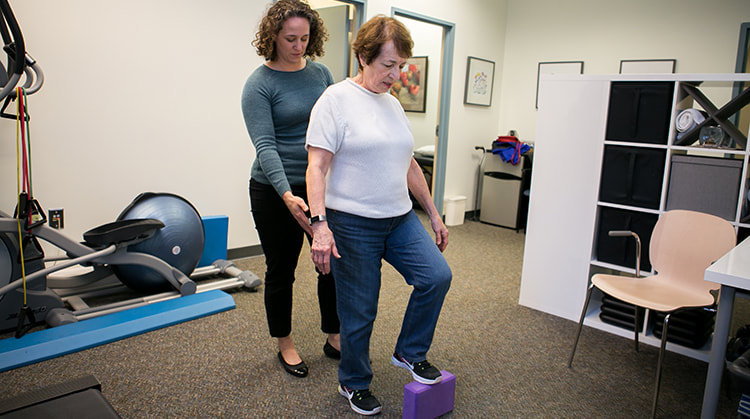 Do you want to find ways to keep active and maintain function with Parkinson's? Do you want to know what to focus on? You know exercise is beneficial for everyone regardless of health. You know Parkinson's is a specific neurological condition that affects not only movement but cognition and mood. And you may fear that you're seeing a decline in function of yourself or your loved one. Luckily organizations such as the American College of Sport Science and Exercise and Sport Science Australia have published guidelines for exercising with Parkinson's Disease. These guidelines help us work out what to focus on and how to do it. With a recent update from the American College of Sports Medicine and the Parkinson’s Foundation of the most up to date recommendations for safe and effective exercise treatment for people with Parkinson's, we thought we would give you an update as well. What should you do? People with Parkinson's should find ways to participate in regular exercise which includes aerobic fitness, muscle strengthening and flexibility. It is now recommended more than ever that balance, agility and multi-tasking activities be included in exercise therapy with Parkinson's. What does this mean? Well people with Parkinson's need to focus on different aspects of their movements and health to optimise their function. This means participating in:
It is recommended to see an exercise professional with experience in working with people with Parkinson's for an evaluation and recommendations to ensure the best outcome. Safety first! When exercising with Parkinson's it is important to understand the safety considerations. Specific safety considerations for Parkinson's include:
If you are even a little worried about any of these, supervision is the best way to avoid anything going wrong. Some tips for getting someone started in an exercise program are:
Remember, it is recommended to see an exercise professional for a safe and effective exercise program. If you have any questions about the latest updated guidelines and would like to know how to get started do not hesitate to give us a call. Izaac Boylan Accredited Exercise Physiologist.
0 Comments
Your comment will be posted after it is approved.
Leave a Reply. |
AuthorSLisa Parkinson Archives
July 2024
Categories
All
|


 RSS Feed
RSS Feed